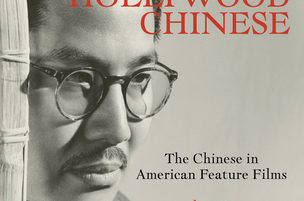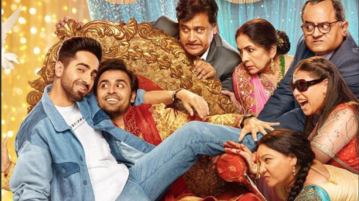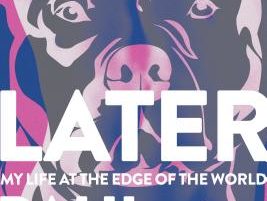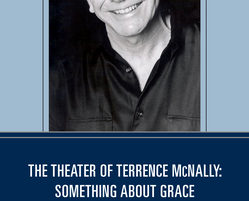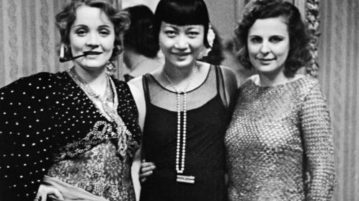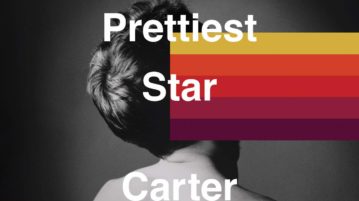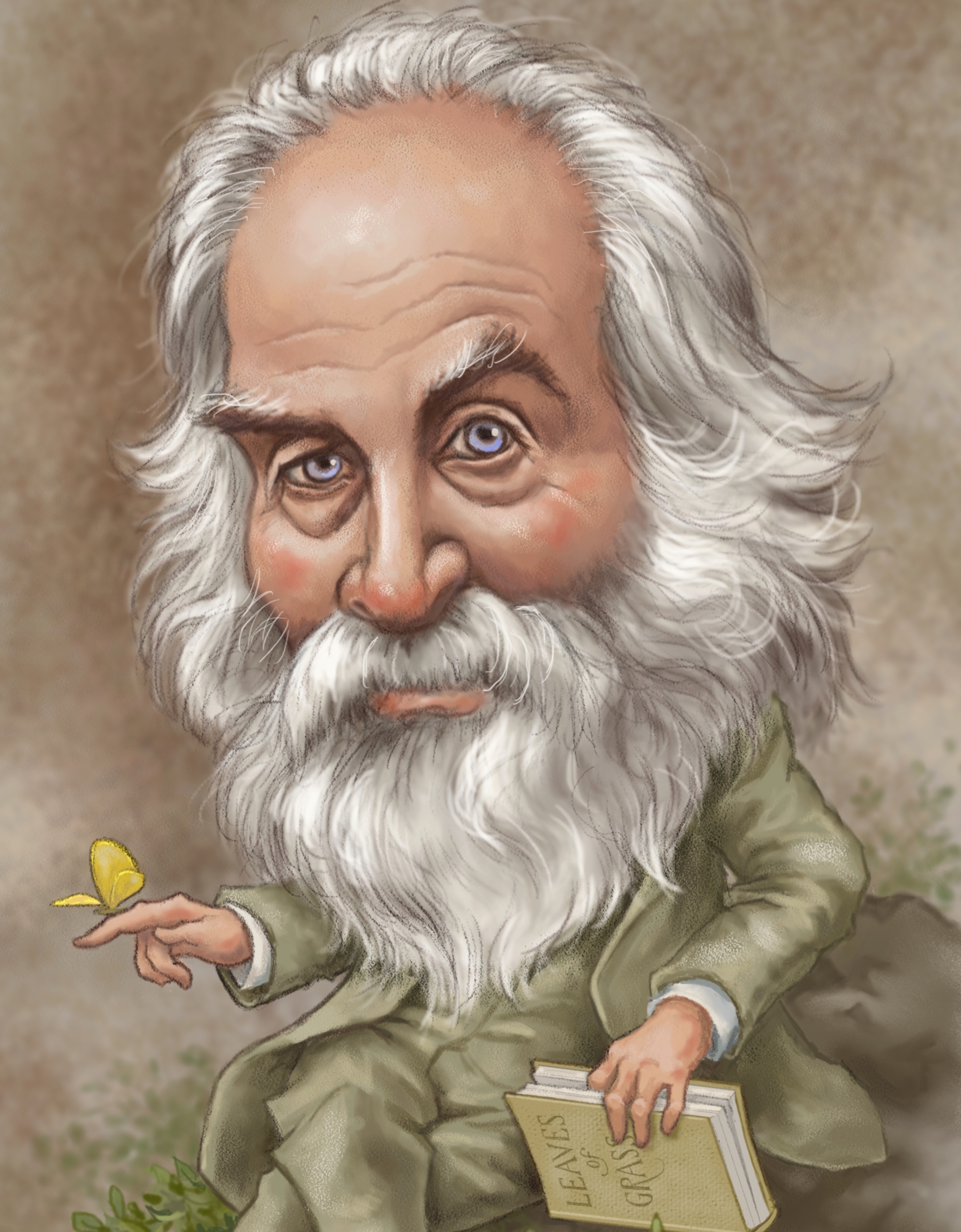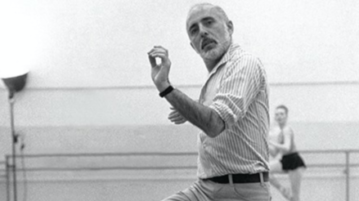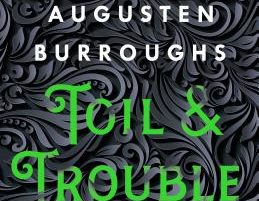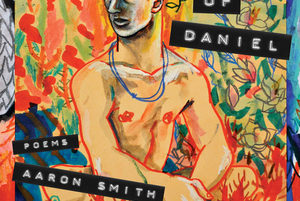
Poetry without Apology 
Aaron Smith is not exactly at the other end of the spectrum, but his work is far more flippant, colloquial, and funny. For example, the title poem, “The Book of Daniel,” refers not to the Bible but to the actor Daniel Craig, with whom the poet is apparently obsessed. Smith’s poems can be very risible indeed: …
More

